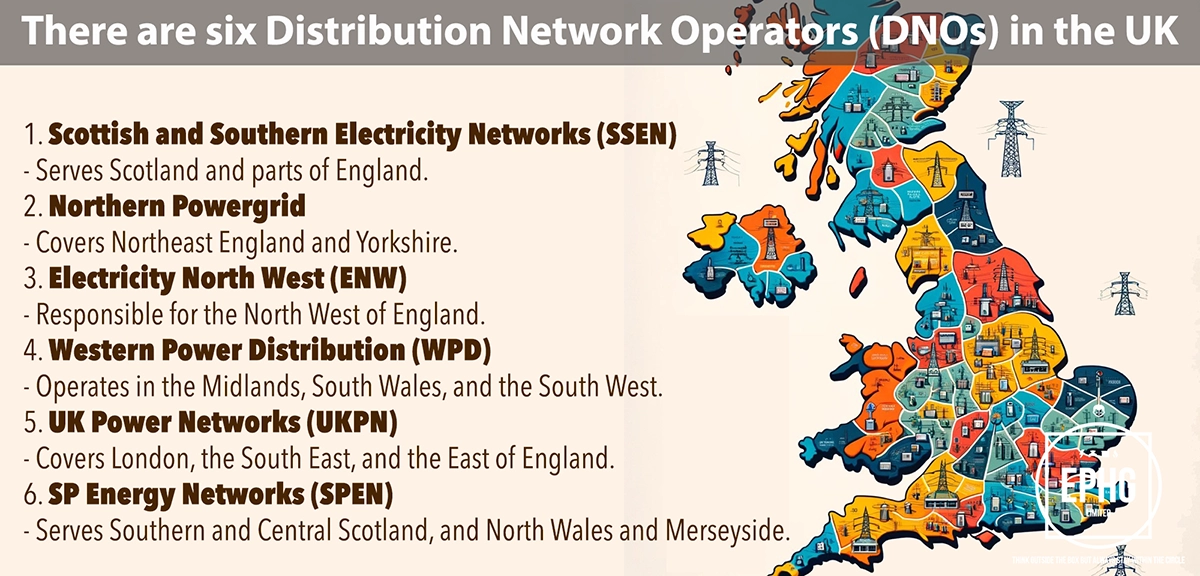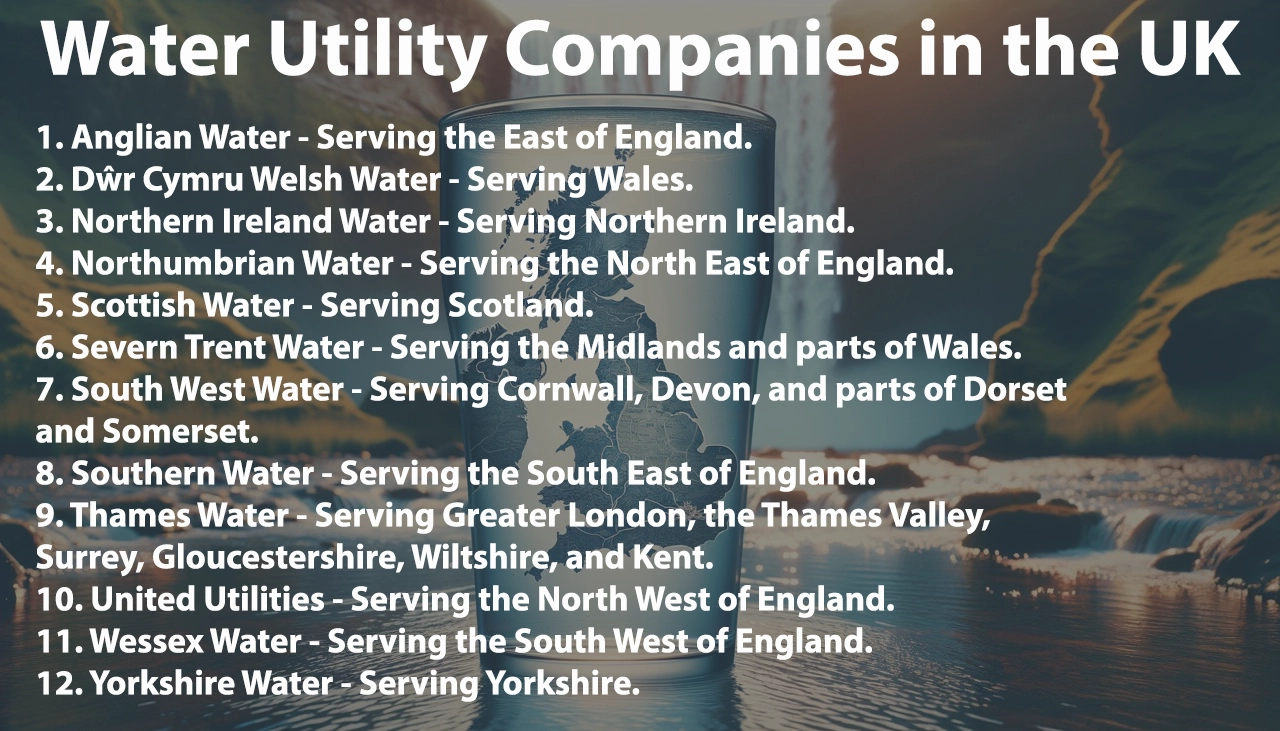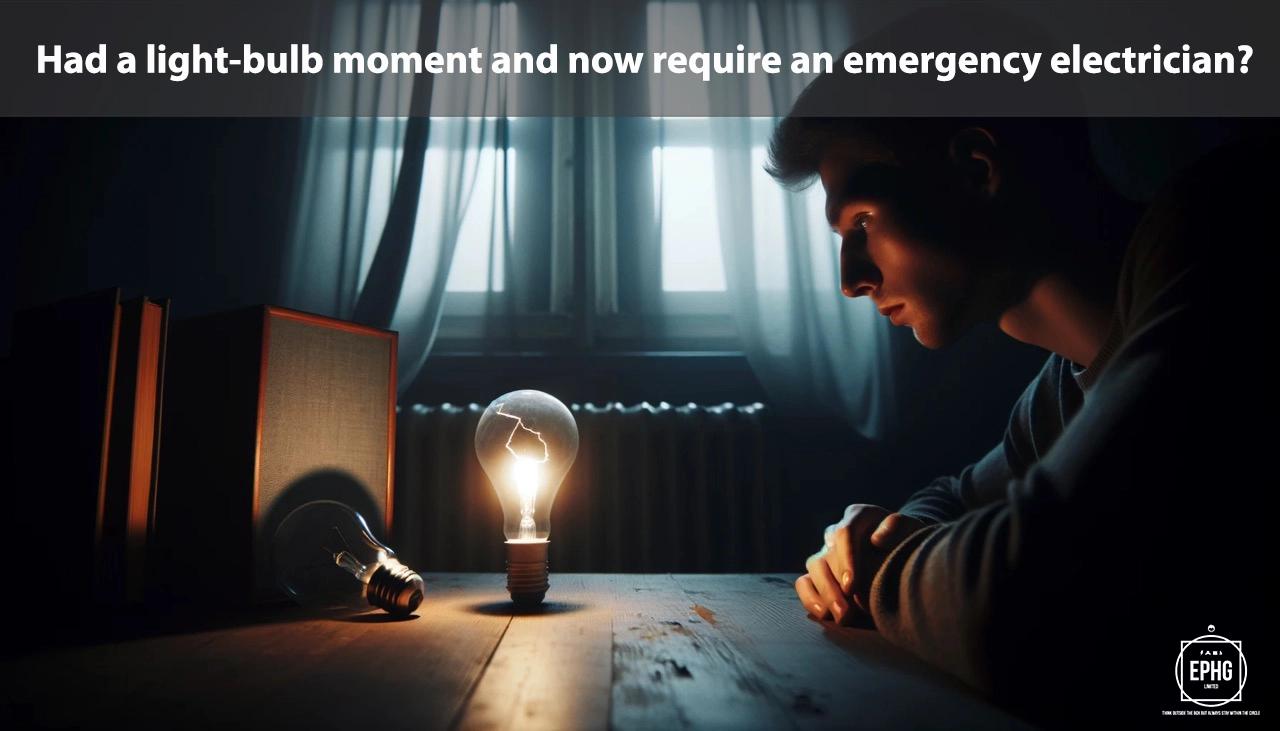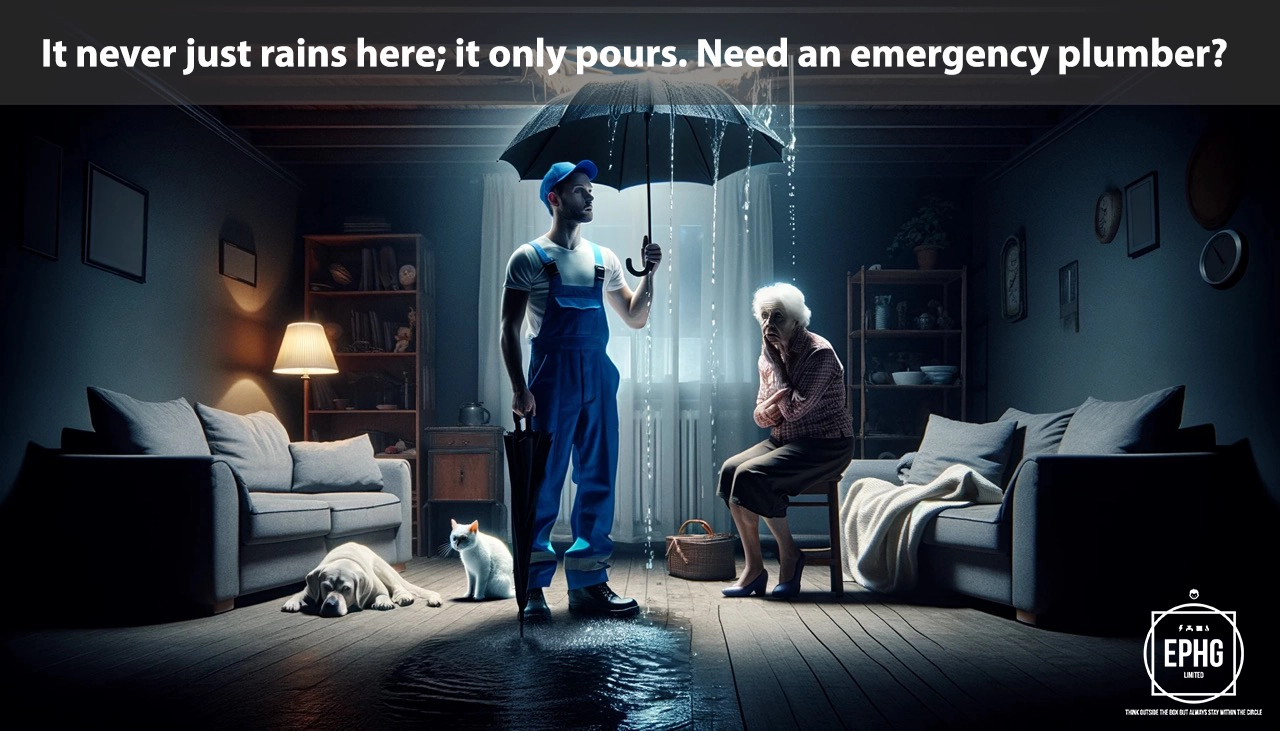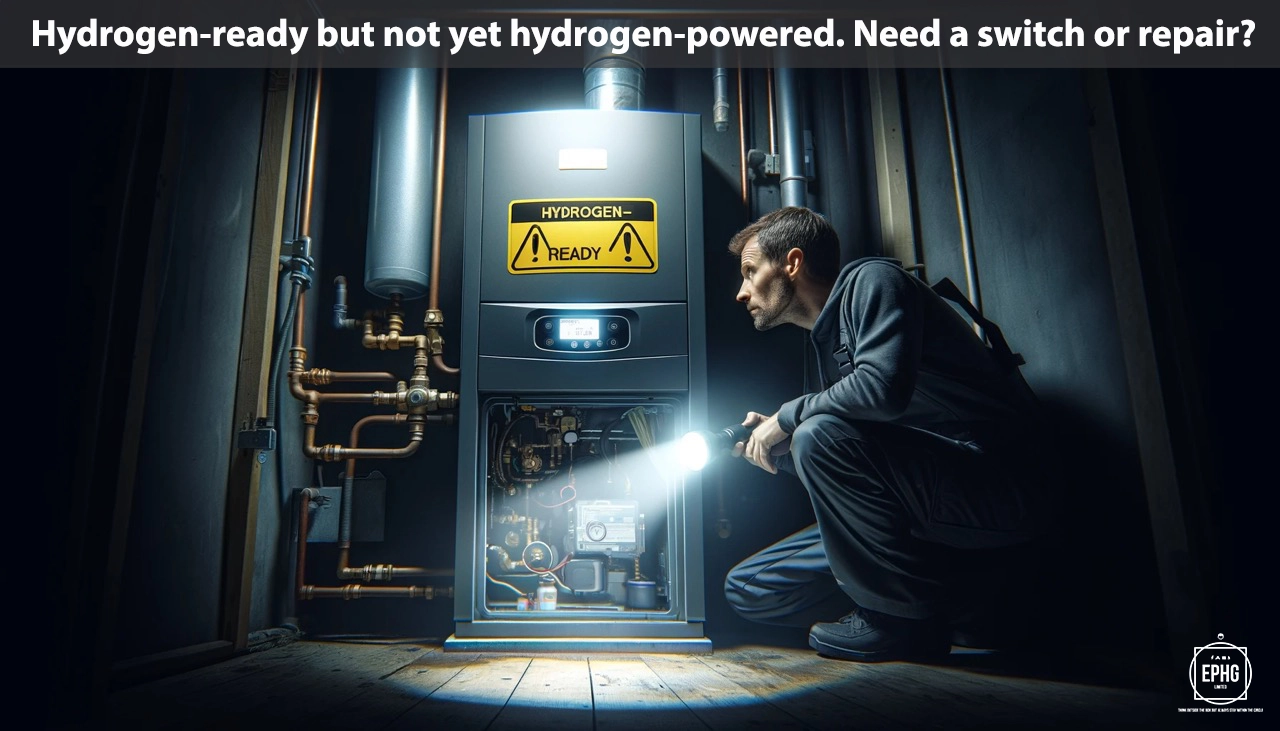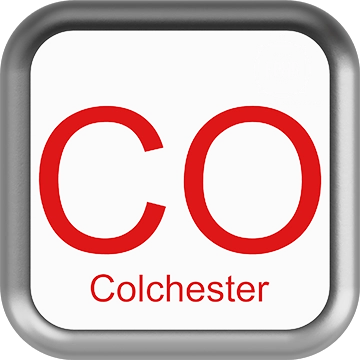
CO Postcodes for Utilities & Services in Colchester
Introduction: The CO postcode area, encompassing Colchester and its adjacent regions, represents a blend of historical richness and modern development. This segment aims to provide valuable insights into the local utilities such as water and electricity, essential for both the well-being of residents and the efficiency of businesses.
Water in Colchester
Where does the water supply come from in Colchester, and is there ever a shortage of water?
In Colchester, the primary water supply is sourced from rivers, reservoirs, and underground boreholes, with significant contributions from the River Stour. Local water companies manage these resources, ensuring water undergoes extensive treatment to meet health and safety standards before reaching households and businesses. Though Colchester typically enjoys a stable water supply, it faces challenges such as seasonal fluctuations and the impacts of climate change, which can lead to water scarcity. In response, water authorities and the community engage in water-saving initiatives and infrastructural enhancements to safeguard against potential shortages. Residents are encouraged to participate in water conservation efforts to ensure sustainability for future generations.
What is the hardness & quality of the water in Colchester, and can this affect your health?
Water in Colchester is generally classified as moderately hard. This is due to the area's geological makeup, which includes layers of chalk and limestone. Hard water contains higher levels of minerals like calcium and magnesium, leading to scale buildup in household appliances. However, the water quality in the region meets all regulatory standards and undergoes strict monitoring to ensure safety for consumption and use. While hard water poses no significant health risks, it can affect people with specific skin conditions. Residents can mitigate the effects of hard water with water softeners and by seeking advice on suitable skincare routines. Local water providers continue to invest in water treatment facilities to maintain and improve water quality for the community.
Electricity in Colchester
Where does the electric supply come from in Colchester, and what is the future of energy there?
Colchester's electricity supply is increasingly sourced from a blend of traditional power stations and renewable energy sources. The area is connected to the national grid, which is diversifying its energy production to include more wind, solar, and biomass energy alongside conventional gas and nuclear power. Colchester, in particular, is seeing growth in local renewable projects, including solar farms and smaller-scale wind energy initiatives. The town is also exploring opportunities in geothermal energy, reflecting a broader commitment to sustainable development. The future of energy in Colchester is aimed at reducing carbon emissions and enhancing energy security through investments in green technologies and infrastructure. The goal is to transform Colchester into a leading example of sustainable urban living, promoting renewable energy sources and reducing reliance on fossil fuels.
When is hydrogen coming to gas boilers in Colchester?
The adoption of hydrogen-powered gas boilers in Colchester aligns with national goals for carbon reduction and energy efficiency. While the transition is in its early stages, Colchester is poised to follow the UK's broader strategy for incorporating hydrogen into its energy mix. Expectations are set for pilot projects and gradual implementation to commence in the coming years as part of the move towards a hydrogen economy. Residents are encouraged to stay informed and prepared for this transition. Local authorities and service providers will likely offer guidance and support to ensure a smooth transition from conventional gas boilers to hydrogen alternatives, contributing to the town's environmental targets and the UK's overall aim for a greener future.
Where Does the Wastewater Go in Colchester
In Colchester, effective wastewater management is a crucial component of the town's infrastructure, ensuring the protection of public health and the environment. Wastewater from homes, businesses, and industries is collected and treated at several advanced facilities, such as the Colchester Wastewater Treatment Plant. These facilities employ modern treatment processes to remove impurities and pollutants, meeting strict environmental standards before the treated water is returned to local waterways. The focus is on maintaining the ecological balance of the River Colne and surrounding areas, with continuous improvements and investments in wastewater treatment technologies. Colchester's approach to wastewater management reflects its commitment to environmental stewardship and the well-being of its residents and natural habitats.
Regions and Services:
The CO postcode area offers a varied landscape, from the historic town of Colchester to the charming coastal and rural settings of Essex. Key regions include:
- Colchester Town: The focal point for urban utilities development, featuring a comprehensive setup of electrical and gas services alongside modern amenities.
- Clacton-on-Sea, Frinton-on-Sea, and Walton-on-the-Naze: Coastal towns known for their unique blend of traditional charm and modern living, increasingly adopting sustainable energy solutions.
- Braintree, Halstead, and Witham: Market towns where growth in renewable energy projects is evident, supporting the evolution of traditional utility frameworks.

Regions within the CO Postcode
Colchester City
- CO1: Colchester Town Centre, Highwoods, St. Johns
- CO2: Old Heath, Layer de la Haye, Berechurch
- CO3: Lexden, Shrub End, Stanway
- CO4: Greenstead, Myland, Severalls Industrial Park
Surrounding Areas and Villages
- CO5: Tiptree, West Mersea, Layer Marney
- CO6: Coggeshall, Marks Tey, Wakes Colne
- CO7: Brightlingsea, Wivenhoe, Great Bentley
- CO8: Bures, Alphamstone, Nayland
- CO9: Halstead, Earls Colne, Sible Hedingham
- CO10: Sudbury, Great Cornard, Long Melford
- CO11: Manningtree, Lawford, Mistley
- CO12: Harwich, Dovercourt, Parkeston
- CO13: Frinton-on-Sea, Walton on the Naze, Kirby Cross
- CO14: Walton on the Naze, Frinton-on-Sea
- CO15: Clacton-on-Sea, Holland-on-Sea
- CO16: Clacton-on-Sea, St Osyth, Little Clacton
